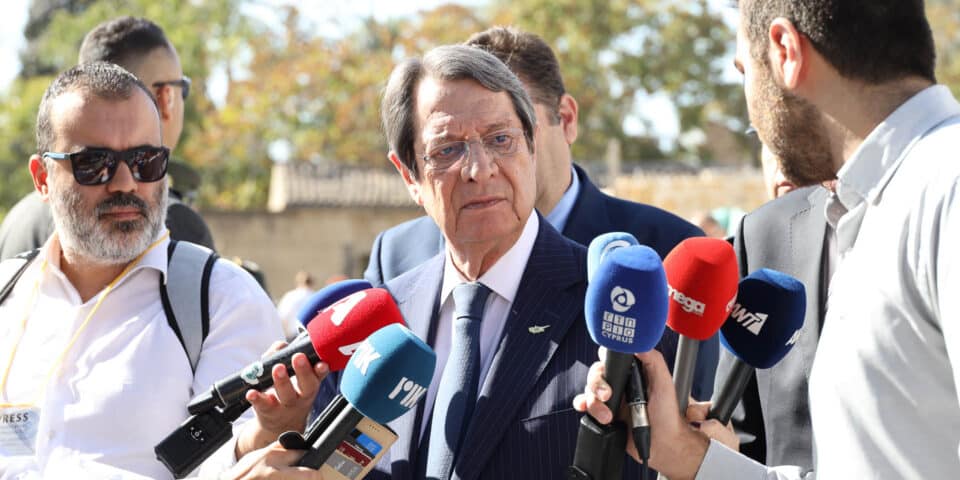Over the last five or six weeks, President Anastasiades has toured the island inaugurating projects, inspecting works in progress, announcing projects that have been approved and listing the amount of money his government has spent on each one. If he were standing for re-election this country-wide campaign to promote the projects of his government would have been perfectly understandable, but he is not.
In little over a month from now Cyprus will elect a new president and Anastasiades will be free to return to his family law office, with which he has had no links for the last 20 years, or to enjoy life as a pensioner, doing the things he had no time for as head of state for 10 years. He has said in one of the interviews he has given recently that he would continue to show an interest in what is happening at Disy, without elaborating.
The promotion of his government’s achievements has also been the central theme of his speeches at official events and the interviews he has given to assorted media. Perhaps if the heaping of praise on his achievements was a one-off, it would have been understandable – everyone takes pride in their work – but the relentless promotion and advertising of his administration has become rather tiresome.
Should he not let the people be the judge of his 10-year administration without imposing his own biased and idealised view? Is the amount spent on infrastructure projects the only criterion of judging the work of a government, as all our politicians seem to think? Should the style of government and its modus operandi not also be judged? Generally speaking, most people know that Anastasiades will leave the economy in significantly better shape than it was in when he took over 10 years ago, but will this outweigh the many corruption allegations against his government? Each person will decide for themselves.
There is also his handling of the Cyprus problem, which he brings up at every opportunity, the narrative being that he had done everything humanly possible to reach a settlement, but was thwarted by Turkey’s legendary intransigence. In his latest interview, he even felt duty-bound to set red lines on the Cyprus problem that his successor must not cross. Is he really in a position to offer any advice bearing in mind the disastrous results of his handling of the issue? The north is now being treated as Turkey’s province, the fenced-off part of Varosha has been opened and partition is all but finalised.
These are ‘achievements’ of his 10-year presidency that we do not hear him talk about during his legacy-building campaign. It is the red lines that are important.







Click here to change your cookie preferences